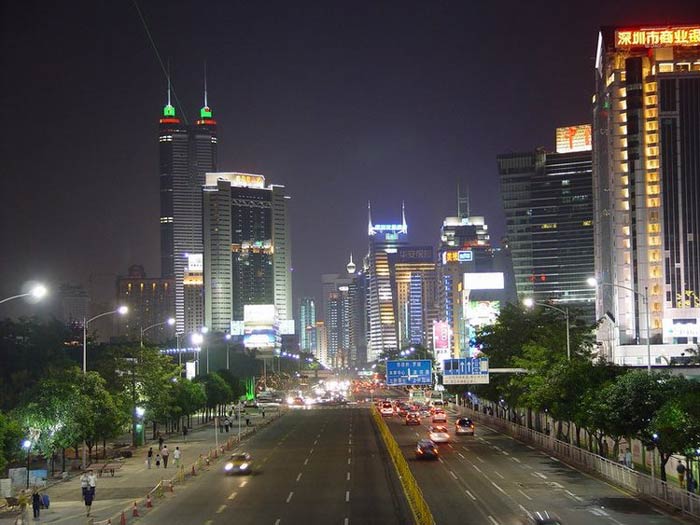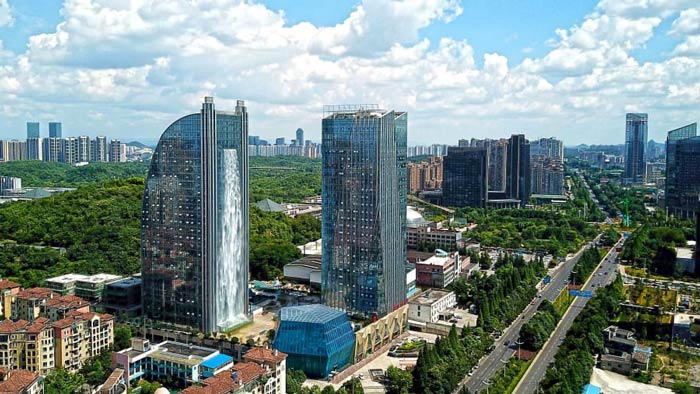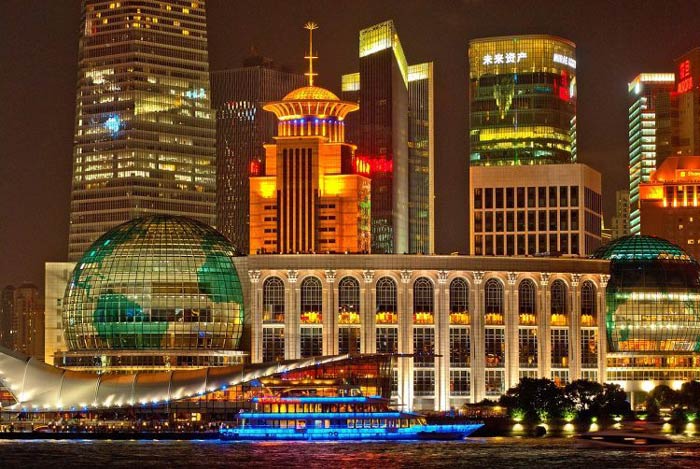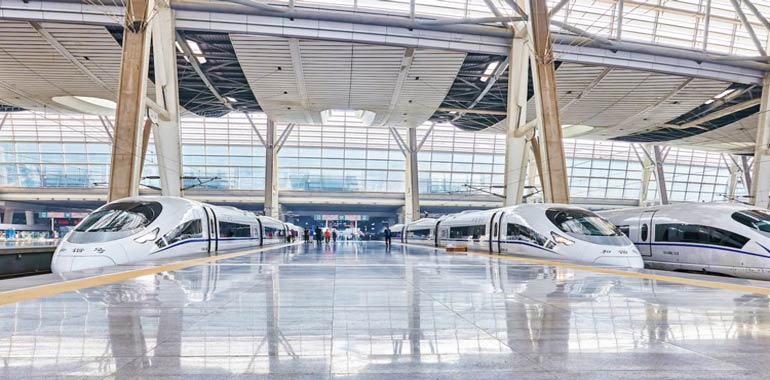Why Has China Developed So Much Fast?
HERE ARE SOME REASONS WHY HAS CHINA DEVELOPED SO MUCH FAST.
1. An authoritarian government:
Since the reform and opening up in 1978, China has been accelerating the development of the economy.
2. Advanced education development:
In the 1970s, China began to attach importance to the development of education. Science and technology are the primary productive forces and put forward the strategic thinking of rejuvenating the country through science and education. As a populous country, only 18% of Indians have entered the university, and in the 1990s, China has enacted nine-year compulsory education regulations. Compared with China, the backward education in India leads to the lack of talents, so development is backward.

3. Investment in models and showcases:
China's leadership has always focused on investment in models and showcases. All this has helped canalize foreign direct investment into the country and helped create local economic development. For instance, Shenzhen and Zhangjiagang were developed into fantastic models that could help sell not only the region, but also China as a whole to investors.
China created awe-inspiring gateways for visiting foreign investors: the Beijing and Shanghai airports, Pudong Development Zone, and Beijing's Financial Street are just a few examples.
4. Continuous and thoughtful marketing work
China sold itself at a single point: the size of the market.
Businessmen of any size anywhere in the world know China’s 1.3 billion people. What does the 1.3 billion figure mean: China’s big market. Chinese leaders immediately gave up their fur clothes, put on their coats and ties, talked about business language, and the Chinese government held countless conferences and exhibitions, trying to convince foreign investors that China is pro-business, stable, and committed to reform and opening up policy.

5. Creation of zones and infrastructure for businesses
China has created many flexible investment zones, export processing zones, free trade zones, high tech zones, complete with tax incentives and good infrastructure.
6. The business-above-all attitude
China has had the good fortune of having Hong Kong and Taiwan outside its political control for decades or centuries but within China's ethnic and investment family. China always set aside political, social, and ideological differences in the interest of getting investment, technology, and export channels.

7. Enthusiastic diaspora
Most of the 60 million Chinese living abroad are economic forces. They also gave the country a great return on remittances and investments. China has recognized the importance of its diaspora and is working hard to cultivate it. The Chinese government has a cabinet department that specializes in dealing with overseas Chinese issues. Provide incentives to non-resident Chinese to participate in various social and economic activities in the Mainland. For example, the current economic boom in southern China is mainly due to the capital investment of overseas Chinese entrepreneurs.
8. Strong manufacturing base
China has become the world's manufacturing center. The shelves of large chain stores like Wal-Mart prove that most of today's low-cost products are produced in China because it provides the cheapest source of manufacturing. In terms of electronics and hardware, China is the manufacturing center for companies such as Siemens and Hitachi Global Systems.
China's success in manufacturing has also attracted companies in other industries. Michelin, the world's largest auto tire manufacturer, plans to make its China business the largest automotive manufacturing base in the world. A strong manufacturing industry means that China can provide employment opportunities for more people.

9. Ability to respond quickly
China is very fast and efficient in shifting resources to higher education, economics, management, computer science, electronics and biotechnology engineering, and law. It has a tolerant and supportive study abroad policy, coupled with positive marketing and incentive programs, bringing back more powerful graduates, which is conducive to the development of national science and technology culture.




